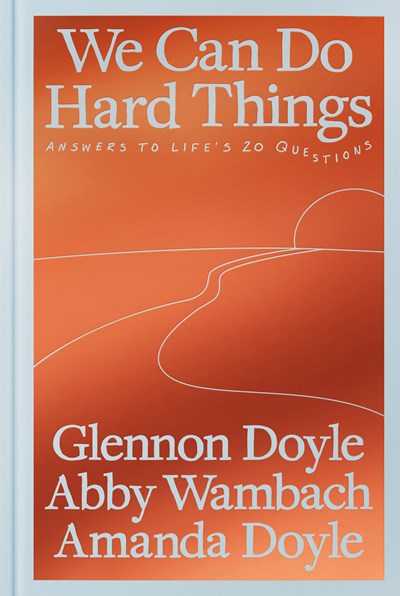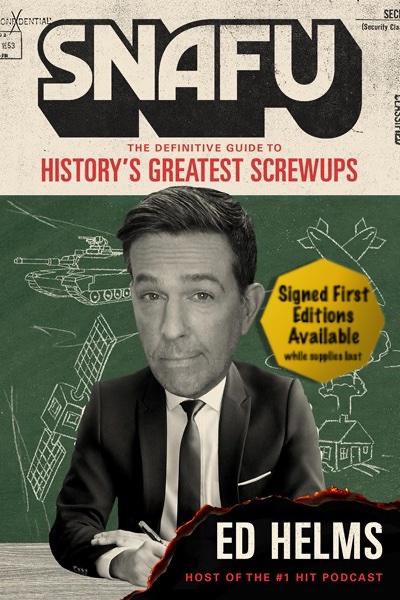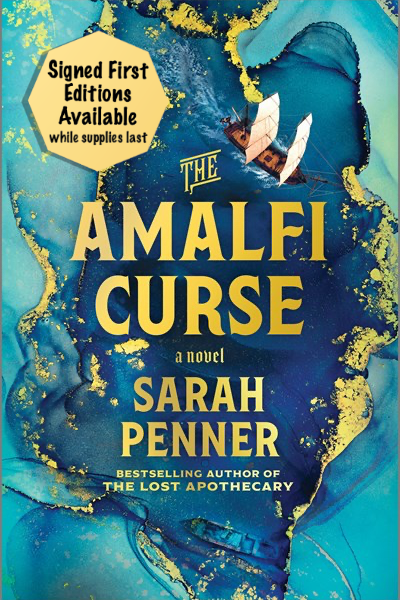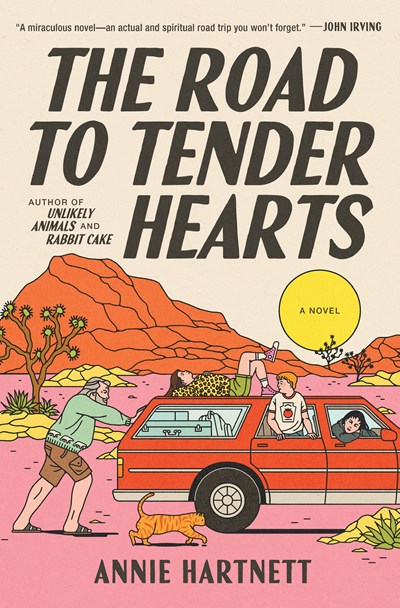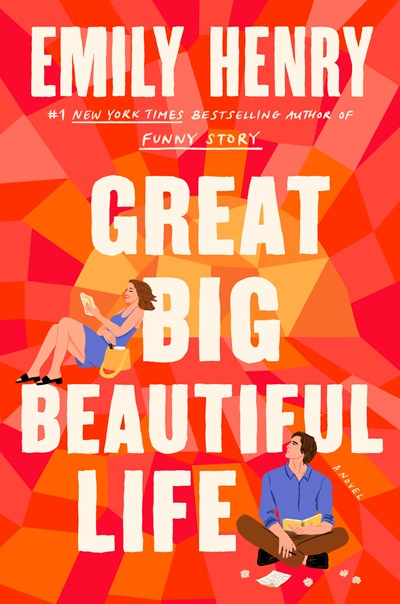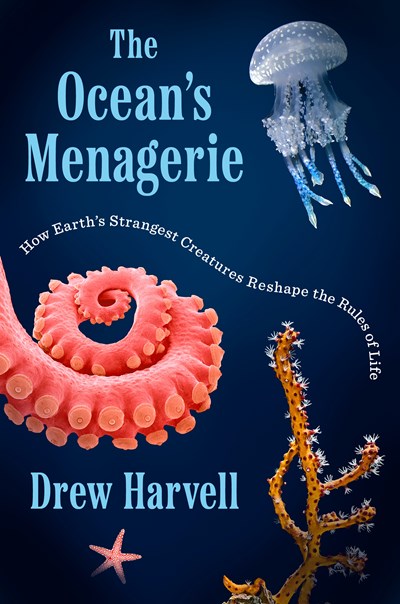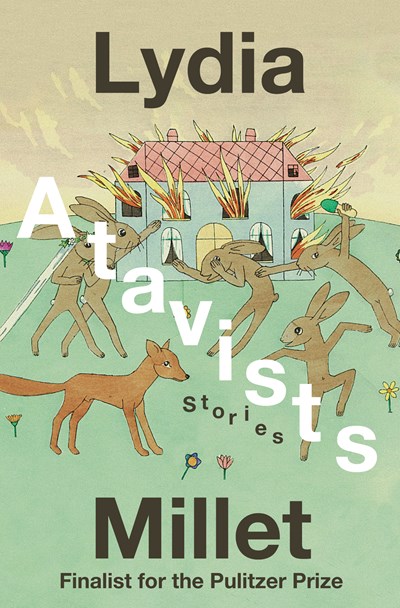In the vein of Fleishman is in Trouble and Elif Batuman—an insightful, heartfelt, and hilarious debut exploring cultural diaspora through one teenager’s summer across Berlin, Jerusalem, and Chicago
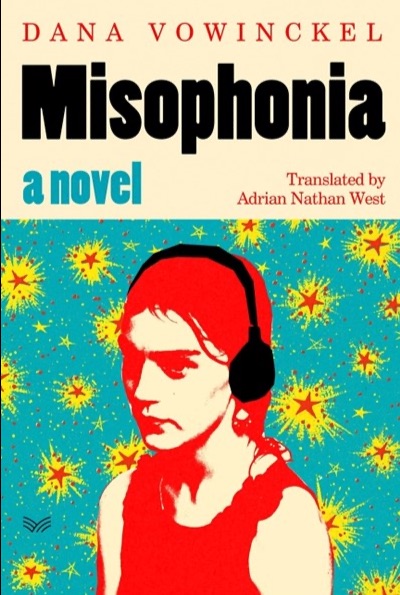
It’s another scorching summer in Chicago, and fifteen-year-old Margarita is spending her vacation as usual, under the not-so-watchful eyes of her aging maternal grandparents. All told, the plucky teen would much rather be at home in Germany, exploring Berlin with her best friend, Anna, or with Avi, her doting Israeli father, a cantor at their local synagogue with whom she has shared a special bond ever since her mother, Marsha, abandoned the family. Instead, she’s stuck halfway around the world, homesick and tortured by the sound of her grandparents’ chewing.
But when arrangements are made behind her back for her to meet Marsha in Israel before returning to Germany, Margarita is blindsided. She wants no part of this overdue reconciliation with a mother she hardly knows/ When her mother fails to show, however, things go awry. Meanwhile, in Germany, Avi tries to fill the hole left by Margarita’s absence with a trip of his own, embarking on a personal journey, both hope-inducing and despairing.Expertly straddling the two narratives of daughter and father, Misophonia is a graceful exploration of imperfect family relationships and larger cultural displacement.
Translated from the German by Adrian Nathan West




